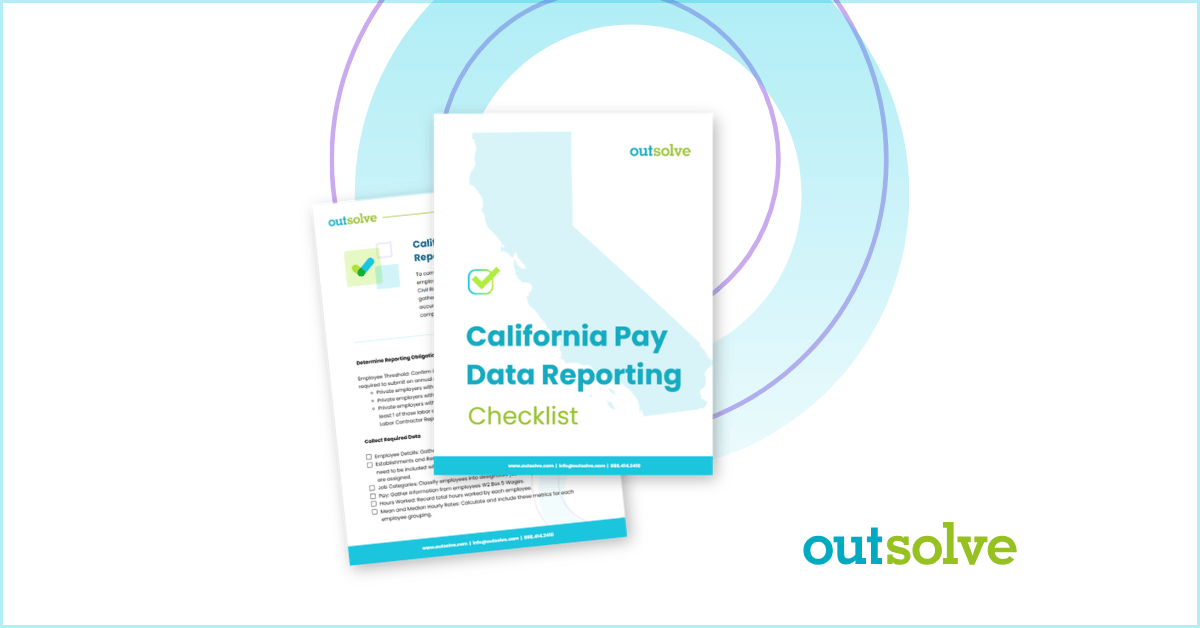1 min read
Celebrating Disabled Workers During National Disability Employment Awareness Month
 Debra Milstein Gardner
:
Oct 18, 2023 10:00:00 AM
Debra Milstein Gardner
:
Oct 18, 2023 10:00:00 AM
.png)
The skills of workers with disabilities who are active in our workplaces and economy are honored during October for National Disability Employment Awareness Month (NDEAM). In August 2023, which was the 33rd anniversary of the Americans with Disabilities Act (ADA), the employment population ratio for disabled people was 23%, which was the highest on record. Comparatively, in August 2021, the ratio was 19.2%. The Department of Labor (DOL) suspects that the increase may be attributed to the changes related to the pandemic, such as greater access to telework and other flexible workplace arrangements that may have opened the doors for many disabled workers. According to the DOL, “despite this positive trend, an unacceptable employment gap remains, and until it closes, we have work to do.”
This year we also celebrate the 50th anniversary of the Rehabilitation Act of 1973, which was the first federal law to address civil rights for people with disabilities. The Act prohibits discrimination based on disability in employment by federal agencies, federal contractors, and in the delivery of federally funded programs and activities. Section 503 of the Rehabilitation Act also requires government contractors and subcontractors to take affirmative action to conduct outreach, recruit, hire, provide accommodations, and advance people with disabilities.
Leading up to NDEAM, the Office of Disability Employment Policy (ODEP) examined the 50 years of the Rehabilitation Act and published interviews with various leaders about the law’s impact on the disabled community and created a blog series reviewing each section of the Act. ODEP has selected "Advancing Access and Equity" as the central theme for NDEAM in 2023, embracing the concept of progress. By adopting the slogan "Advancing Access and Equity: Then, Now and Next," ODEP aims to commemorate the anniversary of the Rehabilitation Act in a meaningful and impactful way.
To improve on the opportunities of the disabled workforce, employers should consider:
- Supporting workers with mental conditions
- Fostering mental health friendly workplaces
- Promoting accessible workplace technology
- Advancing competitive integrated employment
- Ensuring disabled youth can be prepared for and succeed in employment

OutSolve invites you to take advantage of focused resources to help you build an inclusive workforce that welcomes individuals with disabilities:
- DE&I: Tips for Inclusive Hiring- recorded webinar
- Best Practices in Accommodations- recorded webinar
- OFCCP Compliance Checklist- practical tool for compliance
- New Voluntary Self-Identification of Disability Form- informational blog post on new form
Debra Milstein Gardner has worked in the Equal Employment Opportunity (EEO) and Affirmative Action (AA) space for the past 43 years while working in the public and private sectors in various human resources compliance roles. She began her career working for the Equal Employment Opportunity Commission and then went to the Marriott Corporation for nine years working in EEO, Affirmative Action and field human resource roles. In 1990, Debra founded Workplace Dynamics LLC providing EEO, AA, and DEI consulting services to government contractors. In 2016, Debra sold the affirmative action portion of Workplace Dynamics to OutSolve LLC and works part-time as a Market Analyst. Debra is a sports fanatic, routing for the Baltimore Ravens and all Virginia Tech Hokie teams. She loves to hike and boat in her mountain and lake community of Lake Lure, NC.
Weekly OutLook
Featured Posts

5 Key Compliance Items HR Can’t Afford to Ignore

HR Compliance Checklist: What Every HR Pro Needs to Know
Related Posts
.png)
Beat the Rush: Outsource Federal Reporting Requirements in Q1
The beginning of the year usually feels like a fresh start that brings new business initiatives, goals, and strategies. The work you do between...

California Pay Data Report Checklist for HR Professionals
With changes regarding California pay data reporting taking effect in 2026 and 2027, this is the checklist you need to stay confident that you've got...

What You Need to Know About the Rhode Island Pay Transparency Law
Pay transparency continues to gain traction at the state level, and Rhode Island is no exception. Let’s dive into the details of how this law works...
